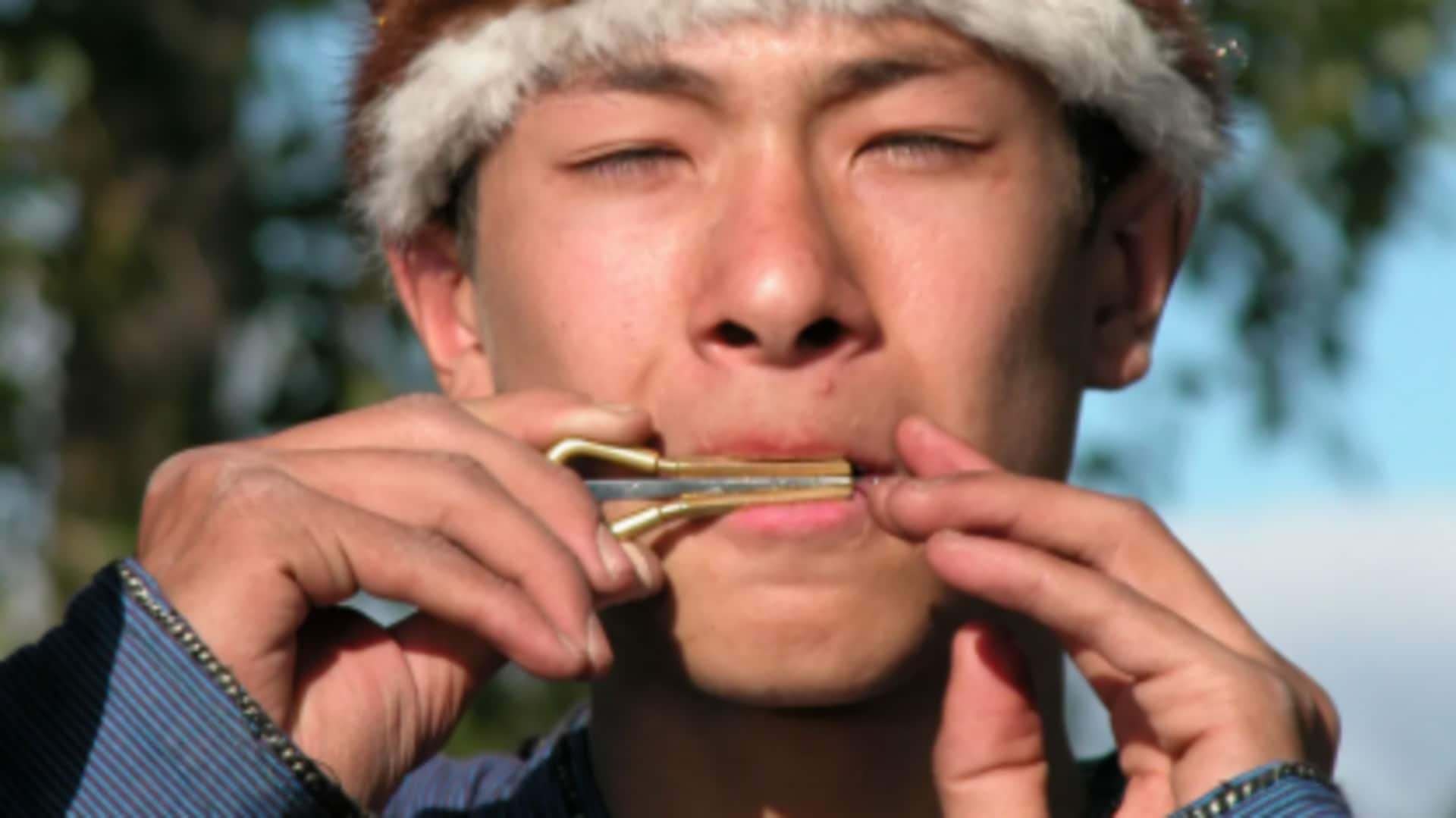
Discover the ancient charm of jaw harp music
What's the story
The jaw harp, a small but intriguing instrument, has been enchanting audiences for centuries with its unique sound. Popular for its simplicity and portability, this instrument is played by holding it against the mouth, plucking the reed to create vibrations. Its origins can be traced to different cultures globally, each contributing their own unique flavor to its music. Here's looking at the art of jaw harp playing, its techniques, and cultural significance.
Technique 1
Understanding jaw harp techniques
Mastering the jaw harp involves learning how to manipulate breath and tongue movements. The player must learn to control their breathing rhythm while adjusting tongue position to create different pitches and tones. This requires practice but allows for a wide range of musical expressions. From simple melodies to complex compositions, beginners often start small before progressing as they get the hang of these techniques.
Insight 2
Cultural significance across regions
The jaw harp has cultural significance across various parts of the world. In Asia, it is commonly played during traditional ceremonies and storytelling sessions. In Europe, it has been a component of folk music traditions for centuries. Every culture adds its own flair and interpretation to the music of the instrument, making it a diverse tool to showcase different musical heritages.
Tip 3
Choosing your first jaw harp
Selecting your first jaw harp can be an exciting experience. However, it's important to keep factors like material, size, and sound quality in mind when making your choice. Beginners may prefer harps made from durable materials like metal or bamboo that offer ease of playability while producing clear tones. Trying out different models can help you find one that suits your personal preferences.
Tip 4
Tips for practicing jaw harp playing
As with any other musical instrument, consistent practice is key to mastering the jaw harp. Dedicating time every day helps develop muscle memory and technique over time. Recording yourself during practice sessions can help track progress objectively by identifying areas of improvement/refining sound production skills without external feedback distractions from others' opinions on performance quality levels achieved so far through self-assessment methods alone!